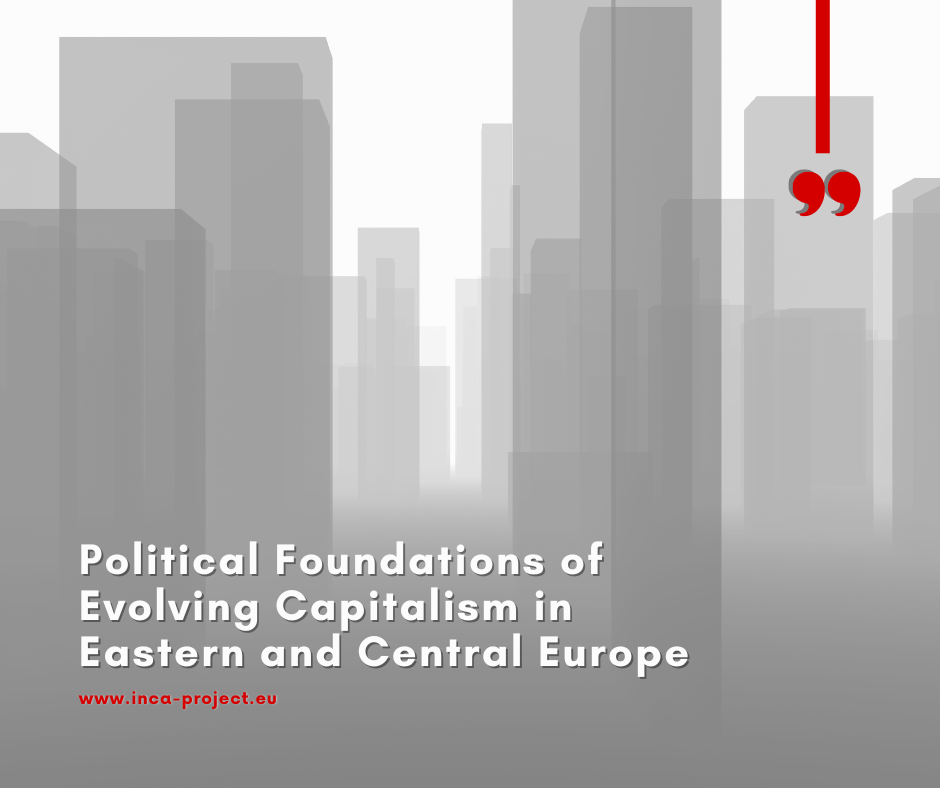
Political Foundations of Evolving Capitalism in Eastern and Central Europe
The University of Tartu and the University of Wrocław have dug into a sweeping account of the politics behind the varieties of capitalism in East Central Europe (ECE) before and after the Global Financial Crisis (GFC) of 2008. By integrating insights from political economy and economic sociology literature, the report analyses ECE’s capitalist development over three distinct periods:
1- The post-socialist economic and political transformation preceding and following European Union (EU) accession.
2- The aftermath of the 2008 Global Financial Crisis.
3- The era characterized by polycrisis, unfolding post-2015 and exacerbated by the global COVID-19 pandemic.
The work shows how ECE’s varieties of “dependent” capitalism were challenged and morphed by more than a decade of crises, with increasing trends of state intervention in the economy, aspirations of technological upgrading, as well as illiberal and authoritarian governance.
In the second part of the report, the Polish case study demonstrates how the construction of the so-called “national developmental capitalism” by the PiS party has interacted with developments in public administration, national security, and “platformization” on the part of the GAFAM (Google, Apple, Facebook, Amazon, Microsoft). The authors (Edgars Eihmanis – Skytte Institute of Political Studies, University of Tartu – and Szymon Pilch and Adam Mrozowicki – Institute of Sociology, University of Wrocław) argue that while providing some means for industrial upgrading, the increasingly tight relationships between the state and the tech multinationals in providing critical services also present a danger to digital sovereignty.
Share on Facebook Share on Twitter Share on Pinterest